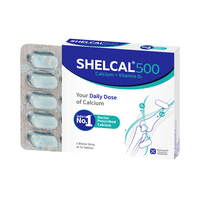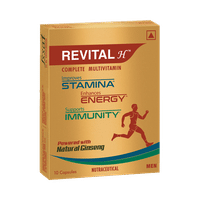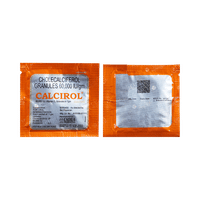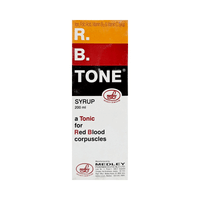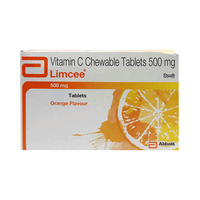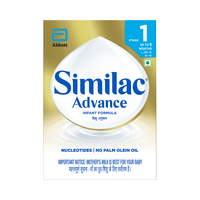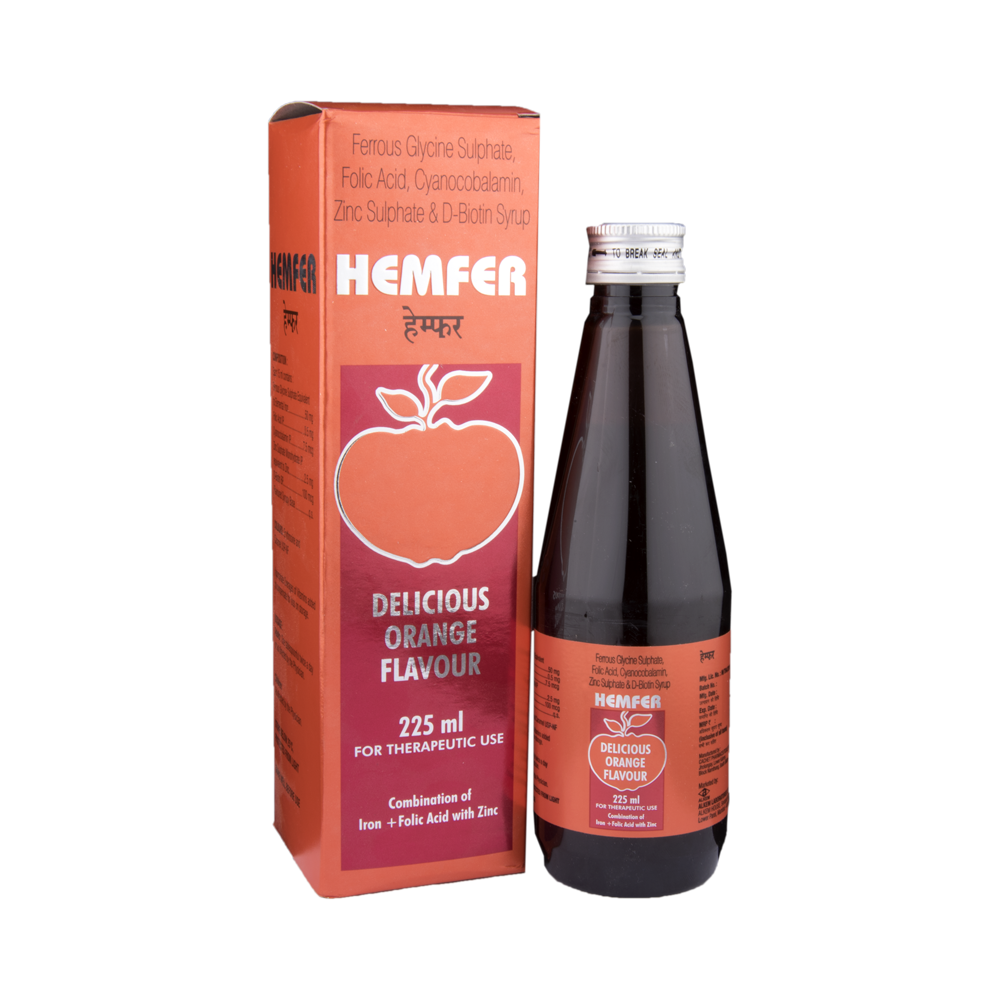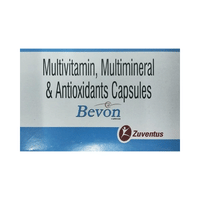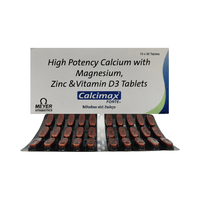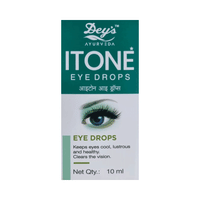Rs.761for 1 tube(s) (10 gm Ointment each)
food interaction for Tacrotor Ointment
alcohol interaction for Tacrotor Ointment
pregnancy interaction for Tacrotor Ointment
lactation interaction for Tacrotor Ointment
medicine interaction for Tacrotor Ointment
food
alcohol
pregnancy
lactation
medicine
No interaction found/established
No interaction found/established
Information regarding the use of Tacrotor 0.1% Ointment during pregnancy is not available. Please consult your doctor.
CONSULT YOUR DOCTOR
Tacrotor 0.1% Ointment may be safe to use during breastfeeding. Animal studies have shown low or no adverse effects to the developing baby; however, there are limited human studies.
SAFE IF PRESCRIBED
No interaction found/established
SALT INFORMATION FOR Tacrotor 0.1% w/w Ointment
Tacrolimus(0.1% w/w)
Tacrotor ointment uses
{med_name} is used for Atopic dermatitis.
How tacrotor ointment works
Tacrotor 0.1% Ointment is an immunosuppressant. It works by suppressing the activity of certain immune cells that cause inflammation (redness and swelling) of the skin. This relieves itching and improves rashes in atopic dermatitis.
Common side effects of tacrotor ointment
Application site reactions (burning, irritation, itching and redness), Skin infection, Flushing (sense of warmth in the face, ears, neck and trunk), Rash, Application site tingling, Increased skin sensitivity
SUBSTITUTES FOR Tacrotor Ointment
146 Substitutes
146 Substitutes
Sorted By
 Rs. 782.80save 50% more per gm of Ointment
Rs. 782.80save 50% more per gm of Ointment Rs. 386.20pay 1% more per gm of Ointment
Rs. 386.20pay 1% more per gm of Ointment Rs. 579save 24% more per gm of Ointment
Rs. 579save 24% more per gm of Ointment Rs. 389.06save 49% more per gm of Ointment
Rs. 389.06save 49% more per gm of Ointment Rs. 351.56save 56% more per gm of Ointment
Rs. 351.56save 56% more per gm of Ointment
Expert advice FOR Tacrotor Ointment
- Tacrolimus is effective at treating eczema (atopic dermatitis) when other treatment options have failed.
- Apply thinly to affected areas of skin only. Clean the affected area and dry well before applying Tacrolimus. Avoid contact with water after application.
- Inform your doctor if there's no improvement even after two weeks of treatment, or if the skin gets worse.
- Don't cover the area being treated with airtight dressings such as bandages unless directed by a doctor, as this may increase the risk of side effects.
- Stop using Tacrolimus and consult your doctor if your eczema becomes infected.
- Continuous long-term use of the ointment should be avoided. Use as prescribed by your doctor.
Frequently asked questions FOR Tacrotor 0.1% w/w Ointment
Tacrolimus
Q. What is Tacrotor 0.1% Ointment used for?
Tacrotor 0.1% Ointment is used to treat moderate to severe eczema (atopic dermatitis) in adults who do not respond to steroids or develop side effects when using them. In atopic dermatitis, the skin’s immune system undergoes an overreaction, causing skin inflammation, leading to itchiness, redness, and dryness. Tacrotor 0.1% Ointment acts on the abnormal immune response and alters it, thereby relieving the skin inflammation and itchiness.
Q. Is Tacrotor 0.1% Ointment safe?
Compared to other immunosuppressing medicines, Tacrotor 0.1% Ointment is a safe and effective short-term treatment for atopic dermatitis. When applied to the affected part of the skin, its absorption into the blood and body is minimal. Hence, the side effects are less compared to when taken through the oral route.
Q. Does Tacrotor 0.1% Ointment cause cancer?
Long-term use of Tacrotor 0.1% Ointment has been found to have an increased risk of lymph node tumors called lymphoma. Some studies have found that a few patients who used Tacrotor 0.1% Ointment ointment or another similar medication developed skin cancer or lymphoma. Consult your doctor if you have to use Tacrotor 0.1% Ointment ointment for more than 6 weeks or if your eczema symptoms have not improved or are getting worse with time during your treatment.













